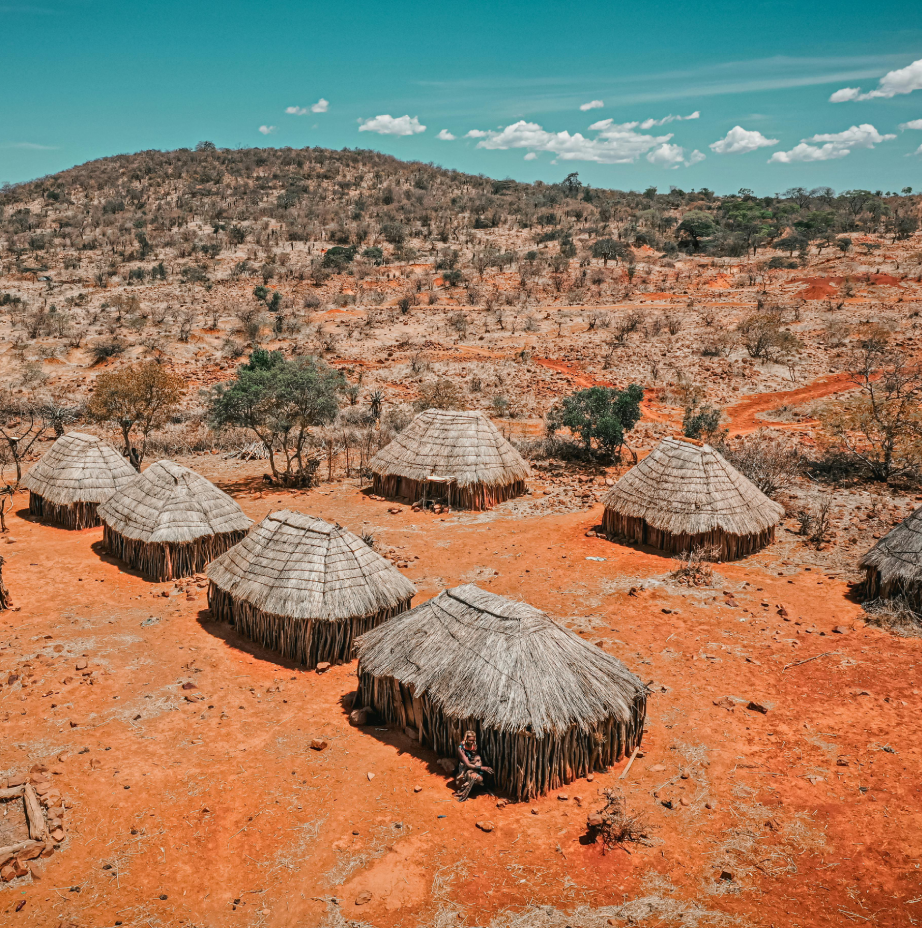Africa, home to vibrant cultures and diverse ecosystems, paradoxically contributes the least to global greenhouse gas emissions but suffers the most from its impacts. With nine out of ten climate change-related issues affecting the continent, there is an urgent need for robust adaptation and resilience strategies (World Bank, 2024). Youth engagement is pivotal in driving these efforts and securing a sustainable future.
The African Climate Paradox
Despite contributing only a fraction of the global emissions, African countries are disproportionately affected by climate change (IPCC, 2024). This vulnerability is exacerbated by factors such as high dependency on agriculture, rapid urbanization, and limited financial and technical resources. Consequently, Africa faces significant challenges including droughts, floods, food insecurity, and loss of biodiversity (UNEP, 2024).
The Role of Youth in Climate Resilience
Africa’s youth, making up about 60% of the continent’s population, represent a powerful force for change (AfDB, 2024). Their energy, innovation, and determination are essential for building resilience and adapting to climate impacts. The following are several ways in which youth can and are contributing to climate resilience:
Education and Awareness: Educating young people about climate change and its impacts is the first step towards building a resilient future. Youth-led initiatives and organizations are actively involved in raising awareness through campaigns, workshops, and social media. By spreading knowledge, they empower communities to take informed action (UNICEF, 2024).
Innovation and Technology: African youth are harnessing technology to develop innovative solutions for climate adaptation. From mobile apps that provide real-time weather updates to solar-powered irrigation systems, these technological advancements are crucial for mitigating climate risks. Startups and tech hubs across the continent are becoming incubators for such ideas (TechCrunch, 2024).
Agricultural Practices: As agriculture is a primary livelihood for many Africans, young agripreneurs are adopting climate-smart agricultural practices. These practices include crop diversification, conservation agriculture, and the use of drought-resistant seeds. By implementing sustainable farming techniques, they are enhancing food security and resilience to climate shocks (FAO, 2024).
Policy Advocacy: Youth are increasingly engaging in policy advocacy, pushing for stronger climate policies and greater investment in resilience measures. By participating in local, national, and international forums, they are voicing their concerns and influencing decision-making processes. Their advocacy efforts are crucial for ensuring that climate policies are inclusive and effective (UNDP, 2024).
Community Projects: Youth-led community projects are making significant strides in enhancing local resilience. These projects range from tree planting and reforestation initiatives to building rainwater harvesting systems. By mobilizing their peers and communities, young leaders are driving grassroots efforts to combat climate change (GAYO, 2024).
Challenges and Opportunities
While the potential of African youth is immense, they face several challenges, including limited access to resources, inadequate training, and political barriers. Addressing these challenges requires a concerted effort from governments, international organizations, and the private sector (World Bank, 2024). Investments in education, capacity-building, and youth-friendly policies are essential to unlock their full potential.
Moreover, fostering partnerships between youth organizations and established entities can amplify their impact. Platforms for knowledge exchange and collaboration can help scale up successful initiatives and ensure that young people are at the forefront of climate resilience efforts (AfDB, 2024).
Conclusion
The involvement of youth in climate change adaptation and resilience is not just beneficial; it is imperative. Their unique perspectives, innovative ideas, and boundless energy are key to building a sustainable and resilient Africa. By empowering and supporting African youth, we can turn the tide on climate vulnerability and create a brighter, more resilient future for the continent (UNDP, 2024).
Author: Juliana Nakubulwa
Monitoring & Evaluation Specialist

